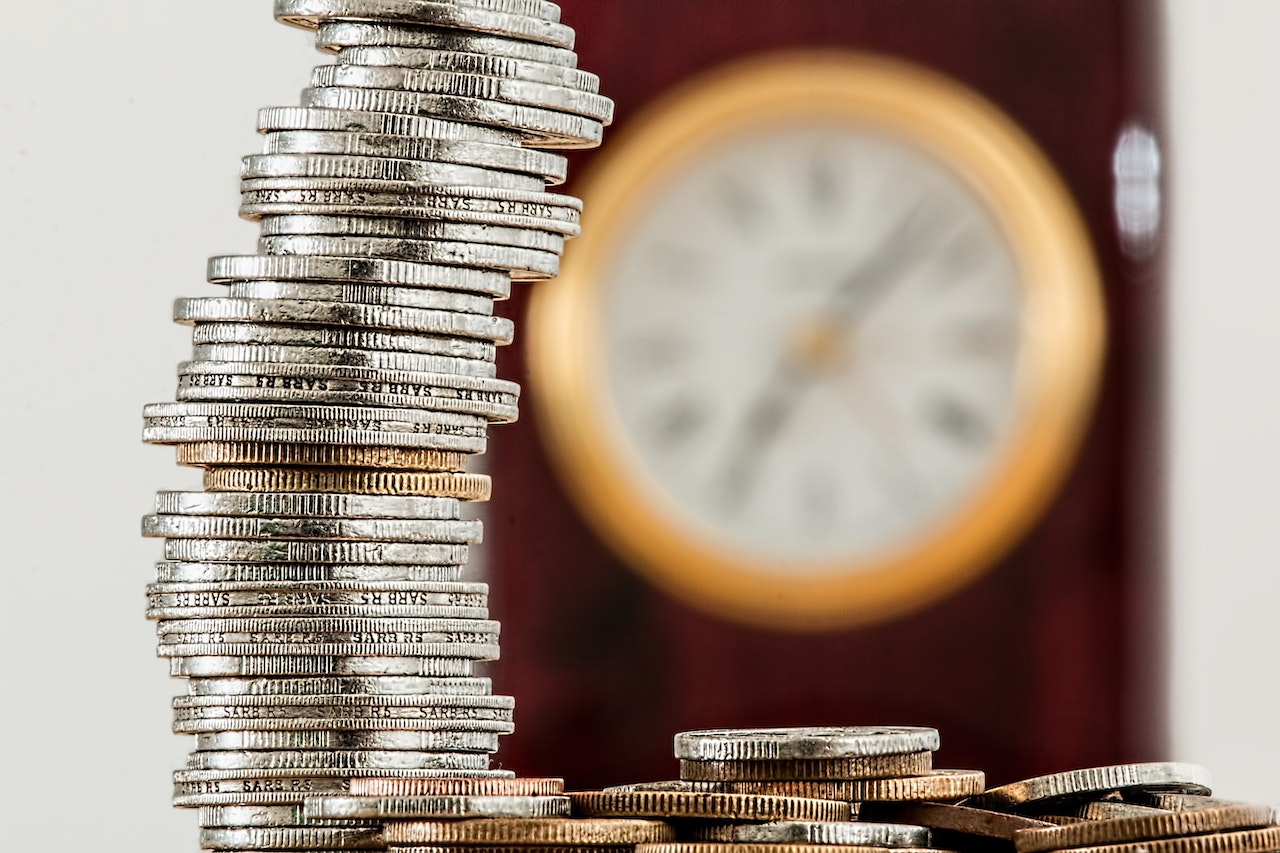How To Save Money For Buying A Home?

Saving money for buying a house or property may take some time, even to save enough for an initial payment and closing costs. If you are planning to buy a home, you’ll need to save for those expenses.
HOME PRICES.
It’s essential to have a good idea of how much your ideal house will cost. How can you do that? Start by researching home prices in your area. There are plenty of online and offline options that can help you figure out how much it’ll cost you. The more knowledgeable you are of how much your dream home costs, the easier it is for you to narrow down how you can save money to buy it. You’ll also want to find out the down payment cost you need to bring on closing day.
Having cash to pay for the down payment is a necessity when purchasing a house. It is the money that you have to bring with you as an initial payment. A portion of the total cost must come directly from you. Banks can be handy if you want to borrow some mortgage or house loan money. You may be wondering how you’ll get a mortgage loan? Well, continue reading to find out how.
GET A MORTGAGE.
Before we tackle how you can get a mortgage loan, you’ll have to check first if you’re qualified for it. Keep in mind that even though the U.S government offers help to homebuyers in the form of housing loans, there are still some downsides to going that route. So be sure to research it if you are interested in that. Here are some steps that can help you get a mortgage.
- CREDIT – Getting your credit score to where it needs is important because it means you will get better rates when applying for a loan. It also tells the lenders how qualified you are for favorable loans and how well they can trust you on paying the mortgage back over time. Thus, the lower your credit score, the more you’ll pay in interest.
- BUILDING YOUR SAVINGS – It’s not impossible to buy your dream house, but knowing what you can reasonably afford will help you make it more possible. It’s essential to understand how you can afford the monthly cost, including payments for taxes, insurance, interest, and mortgage principal. The initial payments are only part of the story.

- CHOOSE THE RIGHT TYPE OF MORTGAGE – There are several kinds of mortgages that you’ll need to evaluate. But the primary types include Conventional Loans (regular loans), Federal Housing Loans or FHA Loans, and Jumbo Loans. Each of them varies in terms of down payment, interest, and other factors. You can speak with your mortgage lender and ask for help on what option would be best for you to pick. After picking the right lender and getting pre-approved, the next thing is finding and closing on your home. There will be lots of paperwork that you’ll need to sign before getting the keys to your dream house.
HOW DOES A MORTGAGE WORK?
A mortgage is a loan from a lender or bank to help you fund the purchase of a property or house. Once you get it, you’re agreeing to repay the money you borrowed over the long term, including its interest. Since your home is used as collateral, the lender or bank has the right to foreclose on your home or property if you fail to pay the promised amount written on your promissory or mortgage note.
Put more simply, once you fail to pay the borrowed money according to the terms established on your mortgage note, then the bank or lender has the right to the ownership of the house or the property you owned.
WAYS TO SAVE MONEY.
There are plenty of ways to save money, but really it all comes down to these five steps.
- Record Your Expenses
- Budget for Savings (10% is a good starting goal)
- Decide On Your Priorities To Cut Expenses
- Picking The Right Tools That Can Help You (like setting up a Robinhood account)
- Make Your Savings Automatic
